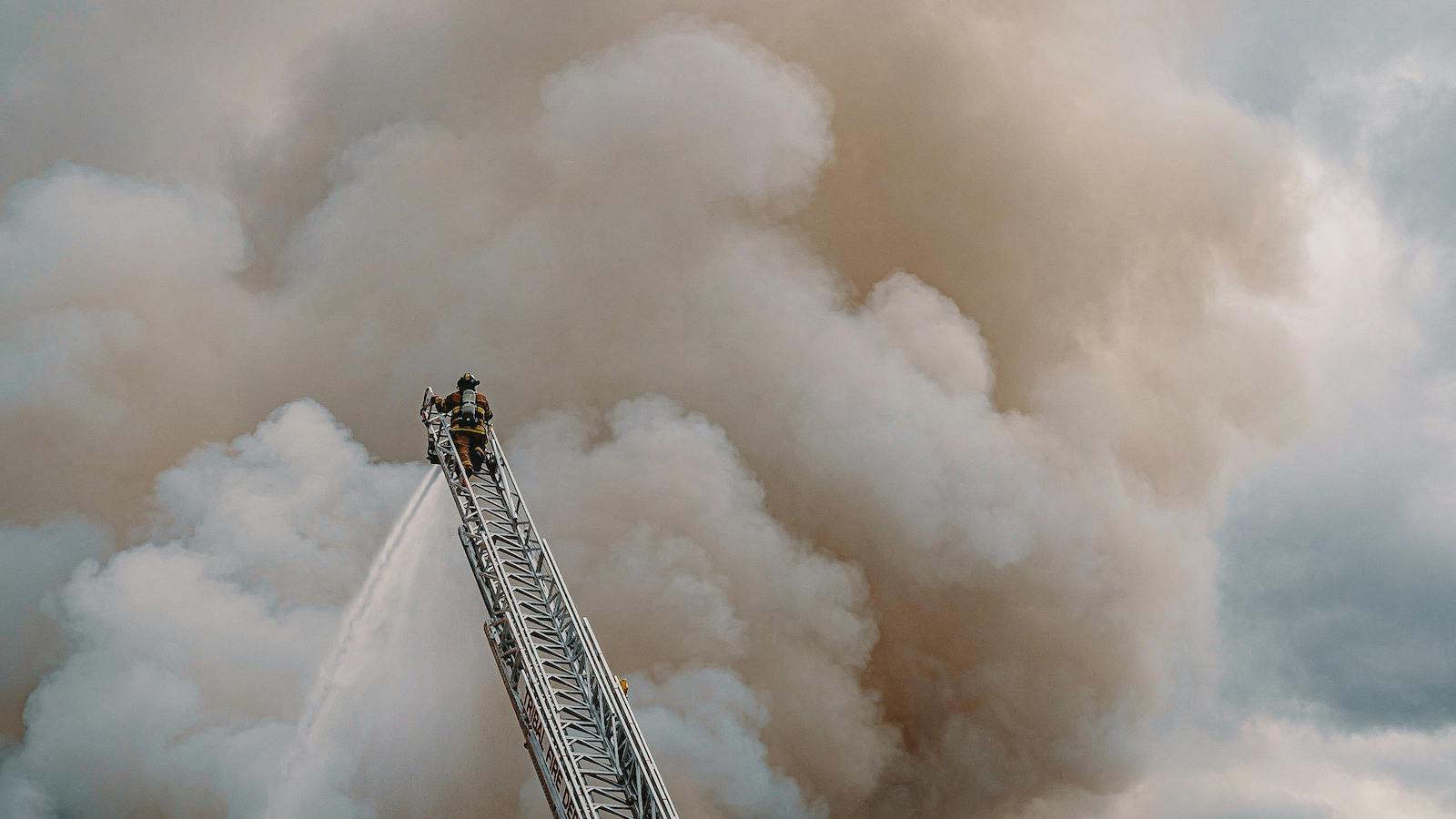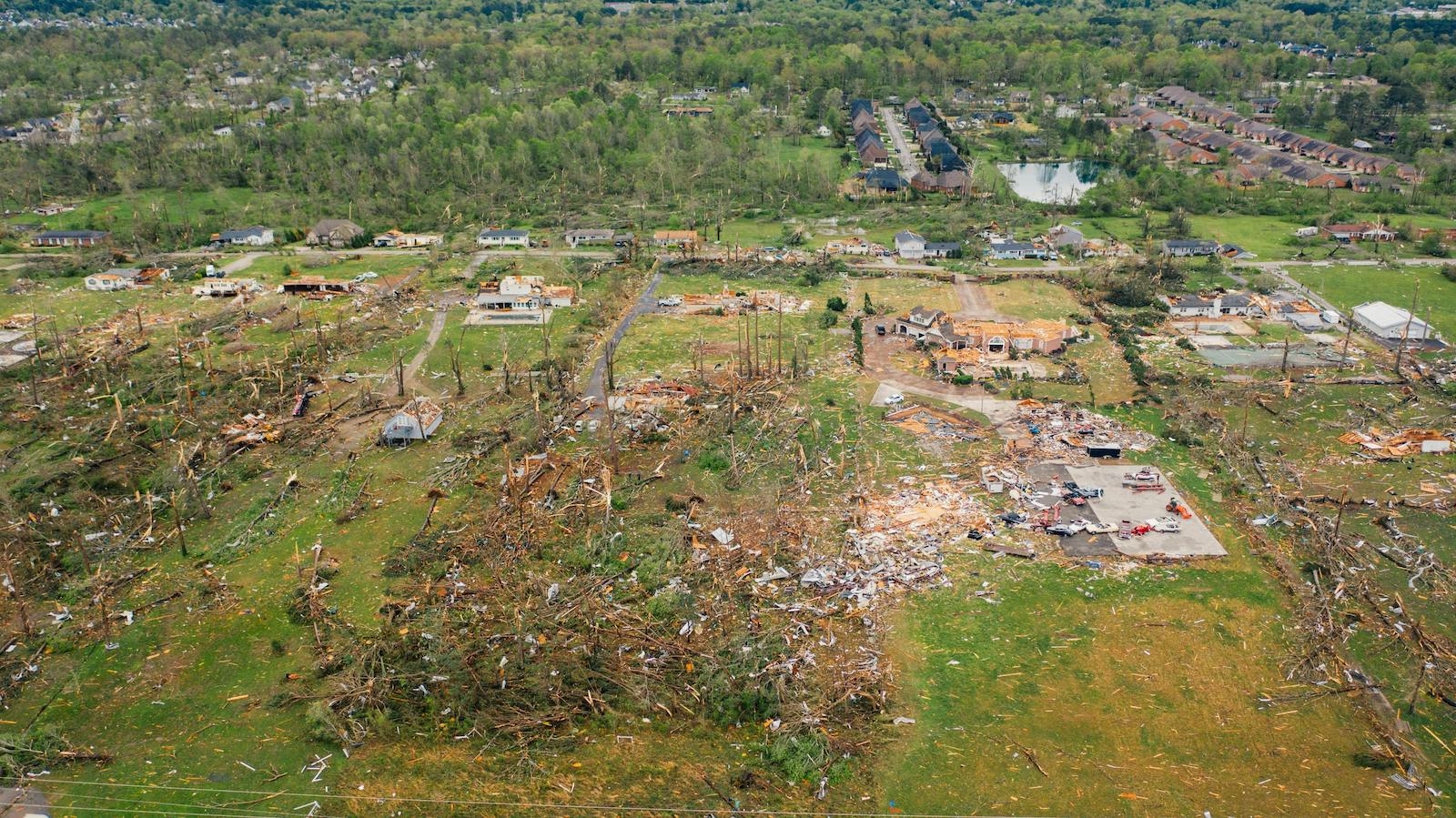 Monitor and Test
When not in crisis mode, it is helpful for companies to monitor social media. Viewing the social media environment in the normal course of business can help companies ascertain how their brand, products and services are viewed by the public. Companies can purchase monitoring services or build these capabilities in-house.
While monitoring social media is an important part of regular business, it becomes essential after a catastrophe to identify issues that need immediate attention. This helps to ensure that the traditional and social media messages the company is sending are having the desired impact. If the same questions continue to be asked on social media, it’s a clear sign that the message is not getting across.
As part of their overall catastrophe preparation, companies should test their communication response plan to assess their procedures as well as their staff. Testing can help ensure that everyone understands their roles and responsibilities and is able to react quickly. Drills assist in identifying blockages and help address uncertainties in the process. After the test or following an actual event, the company should conduct a thorough reevaluation and debriefing to identify the areas that worked well and those that need improvement.
Preserve the Corporate Reputation
Today, a story about a disaster can be trending on social media even before the company involved is aware of the loss. Organizations that wait too long to respond can cause lasting damage to their reputation. A company that is perceived as avoiding or failing to address a story may soon realize that its lack of response becomes the subject of that story. Undoing the damage caused by a tardy or ill-conceived response can be very difficult.
Many people realize that companies may make mistakes, but how these companies react and the decisions they make when faced with a disaster can potentially lessen confidence among customers and the wider public. Knowing how and when to respond helps project an image of competence and concern. Social media is the fastest way to reach people, project the company’s message and protect its reputation.
To become better prepared, companies have to identify their most likely risks and develop plans to mitigate those exposures, whether they are health, safety or environmental. Companies need to know how best to respond on social media if a disaster were to affect their business. To do so, companies may want to work with consultants that can provide risk analysis and mitigation services and help to prepare a crisis response. In addition, to help plan how they will respond to a crisis on social and traditional media, companies should also consider insurance that can defray the costs of hiring expert help when a disaster strikes. No one knows when a catastrophe may occur, but being prepared can help lessen the damage. Customers will look to these companies for information– companies that can provide that information are more likely to weather a crisis with their reputation unscathed.
Monitor and Test
When not in crisis mode, it is helpful for companies to monitor social media. Viewing the social media environment in the normal course of business can help companies ascertain how their brand, products and services are viewed by the public. Companies can purchase monitoring services or build these capabilities in-house.
While monitoring social media is an important part of regular business, it becomes essential after a catastrophe to identify issues that need immediate attention. This helps to ensure that the traditional and social media messages the company is sending are having the desired impact. If the same questions continue to be asked on social media, it’s a clear sign that the message is not getting across.
As part of their overall catastrophe preparation, companies should test their communication response plan to assess their procedures as well as their staff. Testing can help ensure that everyone understands their roles and responsibilities and is able to react quickly. Drills assist in identifying blockages and help address uncertainties in the process. After the test or following an actual event, the company should conduct a thorough reevaluation and debriefing to identify the areas that worked well and those that need improvement.
Preserve the Corporate Reputation
Today, a story about a disaster can be trending on social media even before the company involved is aware of the loss. Organizations that wait too long to respond can cause lasting damage to their reputation. A company that is perceived as avoiding or failing to address a story may soon realize that its lack of response becomes the subject of that story. Undoing the damage caused by a tardy or ill-conceived response can be very difficult.
Many people realize that companies may make mistakes, but how these companies react and the decisions they make when faced with a disaster can potentially lessen confidence among customers and the wider public. Knowing how and when to respond helps project an image of competence and concern. Social media is the fastest way to reach people, project the company’s message and protect its reputation.
To become better prepared, companies have to identify their most likely risks and develop plans to mitigate those exposures, whether they are health, safety or environmental. Companies need to know how best to respond on social media if a disaster were to affect their business. To do so, companies may want to work with consultants that can provide risk analysis and mitigation services and help to prepare a crisis response. In addition, to help plan how they will respond to a crisis on social and traditional media, companies should also consider insurance that can defray the costs of hiring expert help when a disaster strikes. No one knows when a catastrophe may occur, but being prepared can help lessen the damage. Customers will look to these companies for information– companies that can provide that information are more likely to weather a crisis with their reputation unscathed.
What to Do When Catastrophes Go Viral
To avoid getting left behind, companies need to prepare for how they will communicate using social media when a catastrophe strikes.

 Monitor and Test
When not in crisis mode, it is helpful for companies to monitor social media. Viewing the social media environment in the normal course of business can help companies ascertain how their brand, products and services are viewed by the public. Companies can purchase monitoring services or build these capabilities in-house.
While monitoring social media is an important part of regular business, it becomes essential after a catastrophe to identify issues that need immediate attention. This helps to ensure that the traditional and social media messages the company is sending are having the desired impact. If the same questions continue to be asked on social media, it’s a clear sign that the message is not getting across.
As part of their overall catastrophe preparation, companies should test their communication response plan to assess their procedures as well as their staff. Testing can help ensure that everyone understands their roles and responsibilities and is able to react quickly. Drills assist in identifying blockages and help address uncertainties in the process. After the test or following an actual event, the company should conduct a thorough reevaluation and debriefing to identify the areas that worked well and those that need improvement.
Preserve the Corporate Reputation
Today, a story about a disaster can be trending on social media even before the company involved is aware of the loss. Organizations that wait too long to respond can cause lasting damage to their reputation. A company that is perceived as avoiding or failing to address a story may soon realize that its lack of response becomes the subject of that story. Undoing the damage caused by a tardy or ill-conceived response can be very difficult.
Many people realize that companies may make mistakes, but how these companies react and the decisions they make when faced with a disaster can potentially lessen confidence among customers and the wider public. Knowing how and when to respond helps project an image of competence and concern. Social media is the fastest way to reach people, project the company’s message and protect its reputation.
To become better prepared, companies have to identify their most likely risks and develop plans to mitigate those exposures, whether they are health, safety or environmental. Companies need to know how best to respond on social media if a disaster were to affect their business. To do so, companies may want to work with consultants that can provide risk analysis and mitigation services and help to prepare a crisis response. In addition, to help plan how they will respond to a crisis on social and traditional media, companies should also consider insurance that can defray the costs of hiring expert help when a disaster strikes. No one knows when a catastrophe may occur, but being prepared can help lessen the damage. Customers will look to these companies for information– companies that can provide that information are more likely to weather a crisis with their reputation unscathed.
Monitor and Test
When not in crisis mode, it is helpful for companies to monitor social media. Viewing the social media environment in the normal course of business can help companies ascertain how their brand, products and services are viewed by the public. Companies can purchase monitoring services or build these capabilities in-house.
While monitoring social media is an important part of regular business, it becomes essential after a catastrophe to identify issues that need immediate attention. This helps to ensure that the traditional and social media messages the company is sending are having the desired impact. If the same questions continue to be asked on social media, it’s a clear sign that the message is not getting across.
As part of their overall catastrophe preparation, companies should test their communication response plan to assess their procedures as well as their staff. Testing can help ensure that everyone understands their roles and responsibilities and is able to react quickly. Drills assist in identifying blockages and help address uncertainties in the process. After the test or following an actual event, the company should conduct a thorough reevaluation and debriefing to identify the areas that worked well and those that need improvement.
Preserve the Corporate Reputation
Today, a story about a disaster can be trending on social media even before the company involved is aware of the loss. Organizations that wait too long to respond can cause lasting damage to their reputation. A company that is perceived as avoiding or failing to address a story may soon realize that its lack of response becomes the subject of that story. Undoing the damage caused by a tardy or ill-conceived response can be very difficult.
Many people realize that companies may make mistakes, but how these companies react and the decisions they make when faced with a disaster can potentially lessen confidence among customers and the wider public. Knowing how and when to respond helps project an image of competence and concern. Social media is the fastest way to reach people, project the company’s message and protect its reputation.
To become better prepared, companies have to identify their most likely risks and develop plans to mitigate those exposures, whether they are health, safety or environmental. Companies need to know how best to respond on social media if a disaster were to affect their business. To do so, companies may want to work with consultants that can provide risk analysis and mitigation services and help to prepare a crisis response. In addition, to help plan how they will respond to a crisis on social and traditional media, companies should also consider insurance that can defray the costs of hiring expert help when a disaster strikes. No one knows when a catastrophe may occur, but being prepared can help lessen the damage. Customers will look to these companies for information– companies that can provide that information are more likely to weather a crisis with their reputation unscathed.






